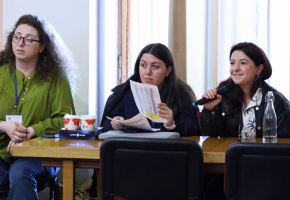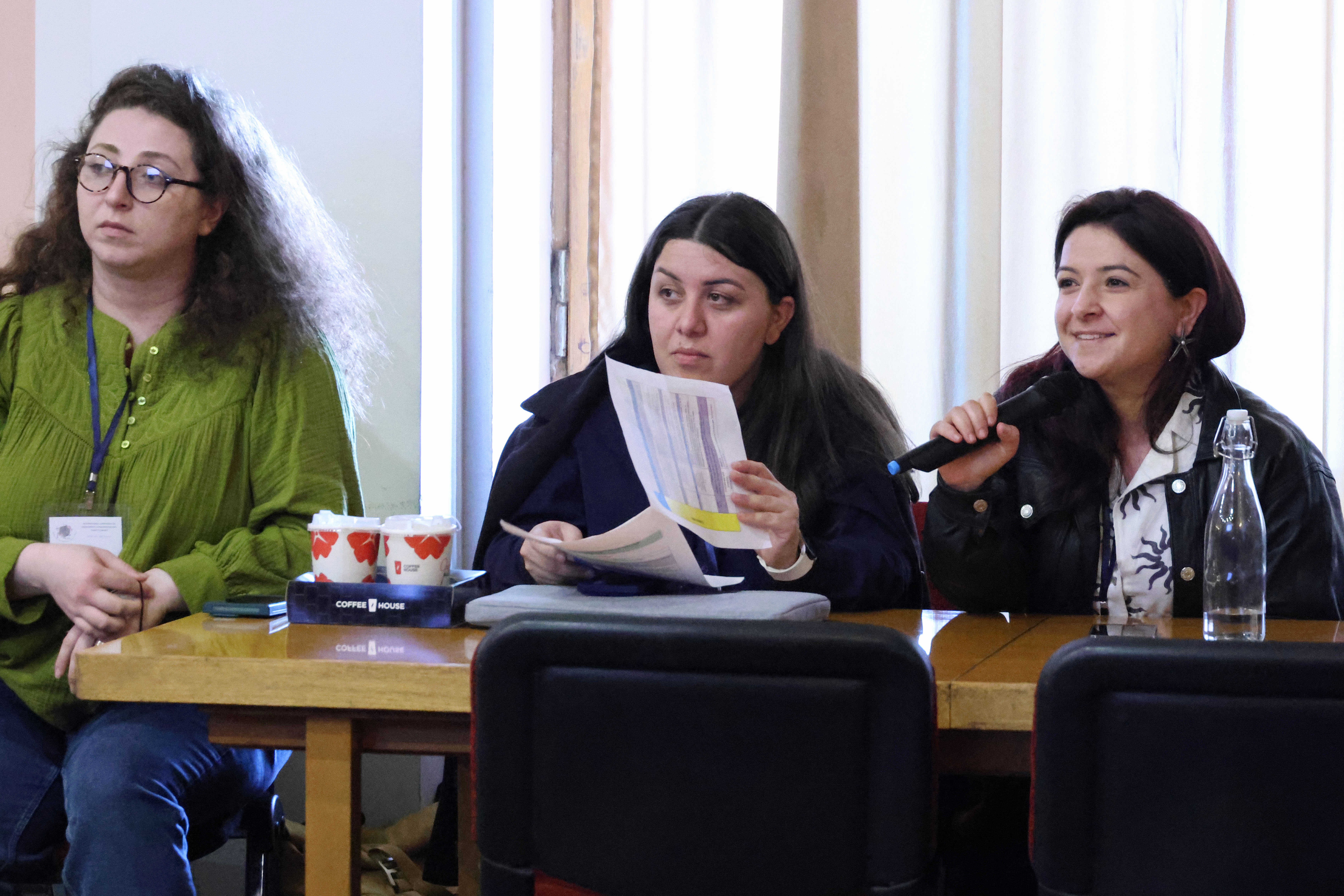May 06, 2025 | 16:46
Science
Education
International cooperation
Biodiversity and climate challenges: YSU at the crossroads of scientific cooperation
Through the joint initiative of YSU Faculty of Biology and the Scientific Center of Zoology and Hydroecology of the National Academy of Sciences of Armenia, an international conference titled "Biodiversity, Conservation, and Climate Change" is being held, bringing together more than 100 leading specialists from Armenia, Europe, Arab countries, and South Asia, while also serving as a broad platform for cooperation. The purpose of the conference is not only to present current scientific work in the field but also to promote international cooperation and develop joint solutions to the threats facing biodiversity under climate change conditions.
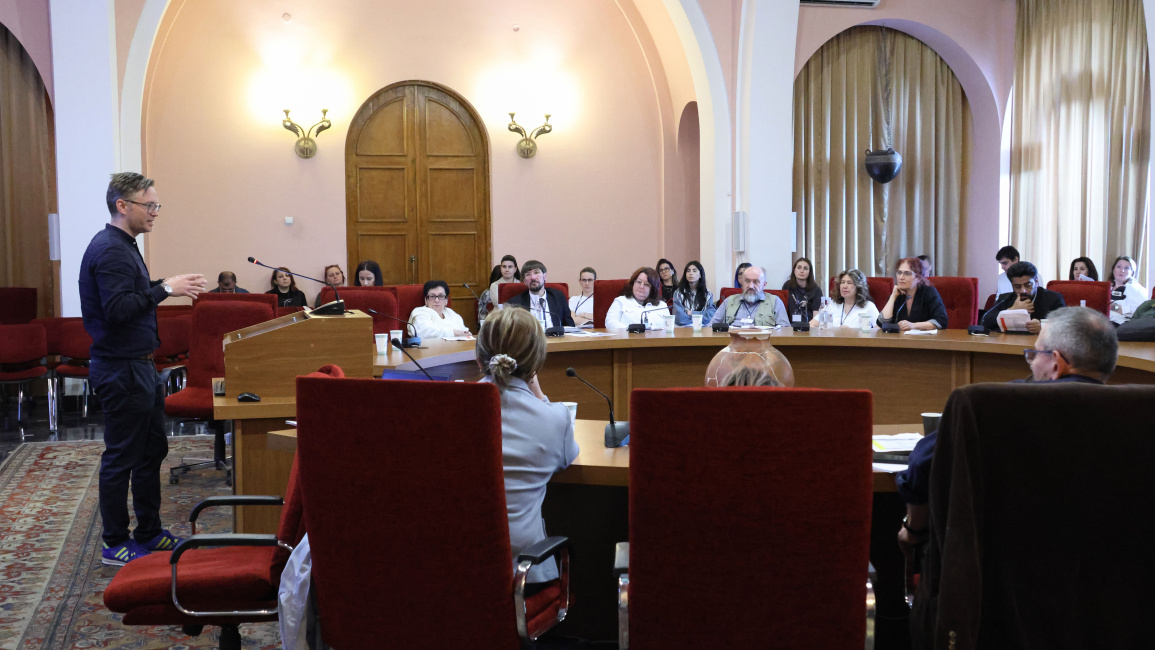
Professor Marine Arakelyan, Head of the Chair of Zoology at YSU Faculty of Biology, emphasized that, due to Armenia’s unique geographic location, the conference is becoming a pivotal point connecting Europe and South Asia.
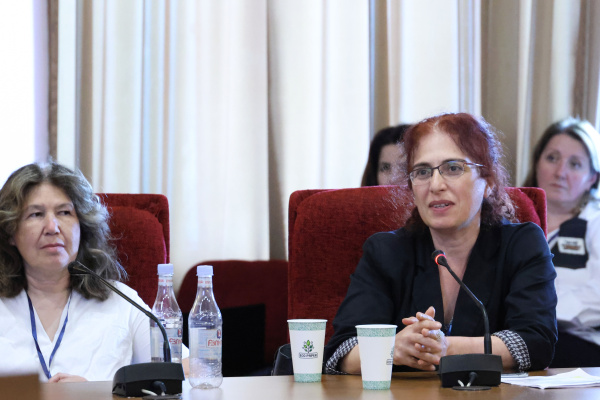
"We are located at the intersection of different climatic zones, where northern and southern conditions converge. This convergence triggers sensitive changes in ecosystems, which in turn threaten the survival of both animal and plant species," said Marine Arakelyan, noting that such changes could lead not only to species extinction but also to the spread of new diseases.
According to her, research indicates that the potential migration of malaria-carrying mosquitoes and other zoonotic disease vectors from Africa to Armenia is no longer a theoretical possibility but an imminent reality.
During the conference, several internationally recognized scientists delivered keynote presentations, sharing innovations in the field, including modern methods, tools for data collection and processing, and successful models of regional cooperation.
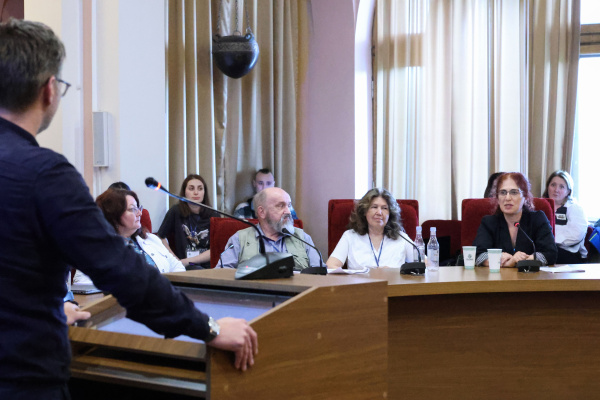
Participants agreed that science must go beyond academic boundaries—it should be directed toward preparing for real-world threats and shaping evidence-based policies for their prevention.
Professor Arakelyan concluded, "The challenges are many, and we are few, but we see cooperation as the path to solutions. Armenia has the potential to become a unique natural laboratory for studying and preventing the threats that may soon affect the entire region."
The conference will continue through May 8, creating a vital international platform for addressing pressing issues in biodiversity and climate change through cooperation.
